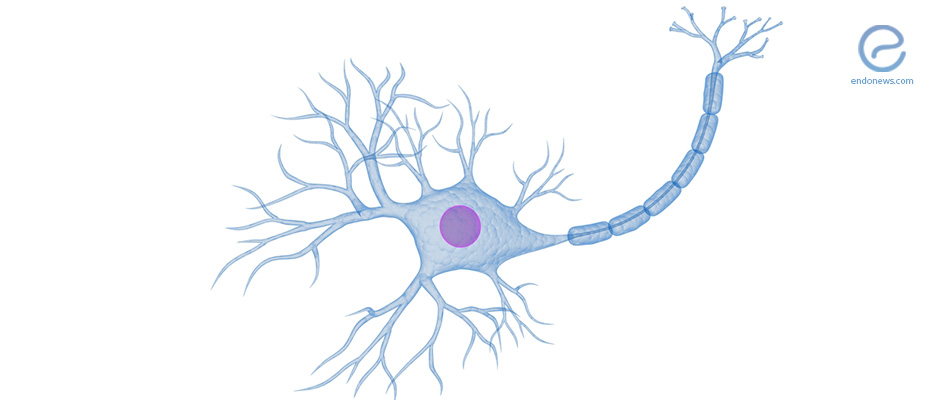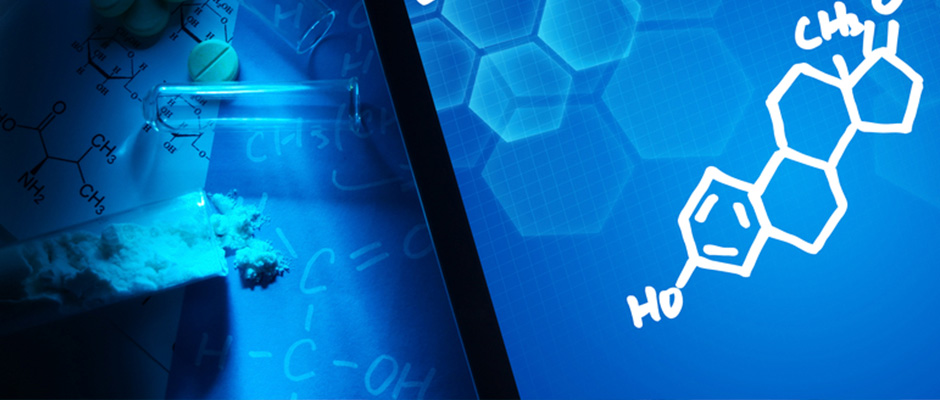Treatment of superficial dyspareunia using topical estrogens in postmenopausal women with a history of endometriosis
Genitourinary syndrome of menopause is defined as a collection of symptoms and signs caused by hypoestrogenic changes to the labia majora/minora, clitoris, vestibule/introitus, vagina, urethra, and bladder that occur in menopausal patients. Sexual dysfunction and superficial dyspareunia can be experienced…
Key Points Lay SummaryEndometriosis and Progesterone Resistance
Progesterone resistance is the unresponsiveness of endometrium with subsequent dysregulation of the progesterone signaling pathway, and endometrial gene works. Progestins, on the other hand, are the first-line treatment choice, especially for long-term treatment of endometriosis. In the clinics, one-third of…
Key Points Lay SummaryScientific unfolding will lead new drug targets
Drs. Dolmans and Donnez from academic institutions located in Brussels, Belgium, have published their comprehensive review on the current pathophysiological concepts in endometriosis with possible drug treatment potentials in the recent issue of a scientific journal named “Biomolecules”. As a…
Key Points Lay SummaryWhat causes pelvic pain? Androgens or estrogens?
A comparison between women and men reveals that women suffer more pelvic pain. This reality raises the possibility of the pain-relieving effect of testosterone or androgens. It would be a wise solution to investigate how androgens affect pain at different…
Key Points Lay SummaryWhat are the most common symptoms of endometriosis and how are they related to age?
Even though the incidence of endometriosis is relatively high and numerous studies are being conducted to elucidate its pathogenesis, it is still a highly underdiagnosed and undertreated disease. The symptoms of the disease are well-known; however, the correlation between the…
Key Points Lay SummaryPhytoestrogens could have promising effects in endometriosis management
Dr. Bartiromo and associates from Milan, Italy published a systematic review on phytoestrogens and endometriosis in the periodical “Nutrients”. Endometriosis has features of chronic inflammation based on uncontrolled hormonal response and immune-mediated dysfunctions. Estrogens are endocrine and paracrine agents that could yield…
Key Points Lay SummaryResveratrol, isoflavones and puerarin have favorable in vivo results in endometriosis studies
Xia Cai and associates from research units located in China published their review article on the relationship between phytoestrogens and endometriosis in the scientific periodical named “Pharmacology”. The great variation in the prevalence of endometriosis raises questions in regard to…
Key Points Lay SummaryA hot research topic: macrophage reprogramming for endometriosis treatment
Daria Artemova and colleagues from several research institutes of the Russian Federation have published their review on the cellular aspects of endometriosis related to macrophages, particularly emphasizing promising therapeutic options for the future in "International Journal of Molecular Sciences". Macrophages have…
Key Points Lay SummaryGenetic Predisposition to Endometriosis
Certain genetic polymorphisms, called SNPs, in the ESR2 and CYP19A1 genes, were more prevalent among patients with endometriosis compared to women without the disease according to a study by researchers in Poland. A better understanding of the genetic mechanisms underlying the…
Key Points Lay SummaryHormone Control Related Genes in Women With Endometriosis
Endometriosis is an estrogen-dependent disease. The development of endometriosis is stimulated by the specific ability to receive the estrogen that is needed for growth and differentiation of endometrial cells and has numerous biological functions in eutopic and ectopic endometrium. Estrogen…
Key Points Lay SummaryMenstrual Blood Proteins for Endometriosis Diagnosis
Endometriosis is a gynecological disorder characterized by endometrial tissue outside the uterine cavity. The backflow of menstrual blood from the uterus through the fallopian tubes is thought to be the cause of endometrial tissue growing outside the uterine cavity when…
Key Points Lay SummarySteroid hormone receptors in endometriosis
Therapeutics that target the steroid hormones are the standard treatment for women with endometriosis because steroid hormones play an important role in endometrial physiology and pathogenesis of endometriosis. Examples of these therapeutics include anti-estrogens, estrogen receptor (ER) modulators, progestins, and…
Key Points Lay SummaryRegulation of Inflammation in Endometriosis
Endometriosis is an estrogen-dependent and multifaceted gynecological condition. Unfortunately, this disease frequently causes chronic and cyclic pelvic pain. Though there are several treatments are available, there is not an actual cure for this disease. Therefore, the development of new therapy…
Key Points Lay SummaryWhat happens to women with endometriosis after menopause?
Endometriosis affects women in their reproductive period of life, with expected regression of lesions in the postmenopausal period. Literature about postmenopausal endometriosis assessing the prevalence, pathogenesis, and treatment is limited. As 2-5 % of postmenopausal women are affected by this uncommon condition, developing stress…
Key Points Lay SummaryNovel inhibitors of estrogen biosynthesis
Endometriosis is a chronic benign disease which is estrogen-dependent. Estradiol creates a positive feedback loop with the synthesis of pro-inflammatory mediators, which sustains further disease establishment and causes the pain symptoms. However, hormone therapies do not cure definitively endometriosis, because…
Key Points Lay SummaryA newly found relationship between estrogen signalling and immune dysregulation in endometriosis
It is believed that endometriosis progression is "at least partly" due to dysregulation of immune cells resulting in the poor clearance of ectopic endometrial debris. In particular, aberrant macrophage function was found to be important in the establishment of endometriosis, since…
Key Points Lay SummaryProgrammed-cell death pathway and immune dysfunction in endometriosis
Endometriosis is an estrogen-dependent, immune-associated disease. Women with endometriosis have different proportions of the activated forms of immunocompetent cells, such as T cells and macrophages compared to those from women without. Immune cell dysfunction in the uterine and abdominal cavity…
Key Points Lay SummaryDrugs targeting estrogen biosynthesis opening up new approaches to the treatment of endometriosis.
Gibson et al., from the Univerity of Edinburgh, UK, take over a new interest about endometriosis occurrence and progress by endometrial tissue intracrinology in their recently online published article in International Journal of Molecular Sciences. The authors summarize the last…
Key Points Lay SummaryTherapeutic potential of ginseng based compound in preclinical models of endometriosis
Currently, the drug option for women with endometriosis mainly focus on reducing estrogens levels (e.g., progestins, androgens, gonadotropin-releasing hormone (GnRH) agonists, and aromatase inhibitors). However, these therapies can have low effectiveness with frequent recurrence and considerable side effects. Therefore, there…
Key Points Lay SummaryAn Alternative Medical Approach to Treat Endometriosis?
Molecules that act on a protein called SRC-1 could constitute a new medical tool to treat endometriosis, according to a study published in the Journal of Endocrinology. SRC-1 makes certain parts of DNA more accessible therefore increasing gene expression or…
Key Points Lay SummaryEndometriosis in a Man as a Rare Source of Abdominal Pain
Endometriosis occurs when a tissue resembling endometrial glands and stroma grows in ectopic sites, commonly causing infertility and pain. Endometriosis has largely been found in women of reproductive age. However, in extremely rare cases, it is also found in men…
Key Points Lay SummaryWill my Endometriosis Respond to Hormone Therapy?
Every woman has a different set of hormone receptors in the lining of their uterus. Yet, hormone-based therapies that are used to treat women with endometriosis do not take into consideration these differences among patients. Analyzing, which particular hormone receptors…
Key Points Lay SummaryA clearer picture of "endometriosis after menopause"
Delfin Avendano Tan and Marie Josephine Guanlao Almeria are obstetrician-gynecologists from the Philippines. They recently published a review article titled "Postmenopausal endometriosis: drawing a clearer picture". In this paper, the authors discussed the pathogenesis, risk factors, and management of postmenopausal…
Key Points Lay SummaryTherapeutic strategies involving uterine stem cells in reproductive medicine
Stem cells are undifferentiated cells that often serve to regenerate tissue in states of injury or apoptosis. The endometrium has progenitor cells that replace tissue lost after each menstrual cycle. It has been postulated that excessive stem cell recruitment to…
Key Points Lay SummaryRole of GATA6 in Endometriosis
Researchers discovered that a protein called GATA6 is crucial in turning endometrial stromal cells into endometriotic-like cells, which may be capable of invading surrounding tissues and growing outside the uterus. This knowledge can be used to create cell models that…
Key Points Lay SummaryEnhanced UGT1A1 Gene and Protein Expression in Endometriotic Lesions.
The estrogen plays an essential role in endometriosis. Lately, it is becoming evident that, besides the circulating levels of estrogens, the balance of synthesis versus inactivation (metabolism) of estrogens by intralesional steroid-metabolizing enzymes also determines the local net estrogen availability.…
Key Points Lay SummaryReason Why Hormone Therapy Alone Cannot Cure Endometriosis Uncovered
Researchers in Belgium have shed light on why hormone therapy cannot cure endometriosis on its own in a study published in the scientific journal Gynecological Endocrinology. Their findings could shape the direction of future research and may help to find…
Key Points Lay SummaryEstrogen receptor splice variants may be associated with endometriosis pathogenesis and clinical severity.
Endometriosis is defined as the presence of uterine stroma and glands outside of the uterine cavity and is one of the leading causes of chronic pelvic pain in women. Thus, understanding key genetic markers of this disease and evaluating those…
Key Points Lay SummaryA Potential New Drug for Endometriosis?
A steroid derivative called PBRM could be a new emerging drug to treat endometriosis according to a study by Canadian scientists. In the study that was published in The Journal of Steroid Biochemistry and Molecular Biology, researchers characterized the pharmaceutical…
Key Points Lay SummaryHormonal Contraceptives and the Risk of Breast Cancer
A study titled “Contemporary Hormonal Contraception and the Risk of Breast Cancer” was recently published in The New England Journal of Medicine and was immediately picked up and summarized by many well-known newspapers and broadcasting journals, including but not limited…
Key Points Lay SummaryIncreased Period Pain in Endometriosis Is Linked to Estrogen
Researchers in China shed light on the mechanism of how the female sex hormone estrogen may be linked to increased period pain in women with endometriosis. A better understanding of the biological mechanism leading to pelvic pain in endometriosis could…
Key Points Lay SummaryEFA Medical Conference 2017: "Breast Cancer in Young Women; Early Diagnosis Timely Intervention" Presentation by Dr. Stephanie Bernik
Dr. Stephanie Bernik is the Chief of Surgical Oncology of Surgery and General Surgery at the Lenox Hill Hospital. She recently presented at the EFA 2017 Medical Conference, and her presentation was titled “Breast Cancer in Young Women; Early Diagnosis…
Key Points Lay SummaryReducing side effect of estrogen based therapy by using Tissue-Selective Estrogen Complex
The aberrant regulation of the ERα level in endometriosis and other estrogen-related diseases makes it a promising target for therapy. However, the standard beneficial roles of estrogen in specific target tissues, e.g., the bone, can be primarily affected by such…
Key Points Lay SummaryEstrogen Receptor-β in Women’s Health
Since the discovery of estrogen receptor (ER), there has been a vast number of studies regarding its functions in cellular and physiological processes. The identification of estrogen receptor-β (ERβ), a second receptor, resulted in a much more complex understanding of the…
Key Points Lay SummaryAn update of estrogen receptors on human disease
Estrogens and its receptors influence numerous human physiological processes. Two estrogen receptors exist, including estrogen receptor α (ERα) and ERβ. Hence, it is essential to elucidate the functions of these receptors in healthy and diseased states. This is particularly important…
Key Points Lay SummaryA New Treatment Time-Table for Controlling Endometriosis-Associated Pelvic Pain
It is no secret that Endometriosis is an extremely painful disease. Unfortunately, science has yet to determine a treatment that can effectively treat the disease or the associated pain. In their paper titled “Ethinylestradiol 20 mg/drospirenone 3 mg in a…
Key Points Lay SummaryUpdates in the Field of Endometriosis: Epigenetics
In this chapter titled “A Review of the Epigenetic Contributions to Endometriosis,” Grimstad and Decherney examine various epigenetic influences that drive endometriosis disease progression. The epigenetic alterations they discuss include DNA methylation, histone modification, chromatin architecture changes, nuclear receptor modulation,…
Key Points Lay SummaryCombination Polymorphisms of Three "Estrogene-Related" Genes Increase the Risk of Endometriosis
Cardoso et al. recently published a paper titled “Combined Effect of the PGR +331C > T, CYP17A1 -34A > G and CYP19A1 1531G > A Polymorphisms on the Risk of Developing Endometriosis” in Revista brasileira de ginecologia e obstetrician. The…
Key Points Lay SummaryDienogest for Endometriosis
Laganà et al. recently published an article in Expert Opinion on Drug Metabolism & Toxicology titled “Clinical dynamics of Dienogest for the treatment of endometriosis: from bench to bedside.” This article explored the benefits of using Dienogest, a progestin, to…
Key Points Lay SummaryReevaluating response and failure of medical treatment of endometriosis
Endometriosis is a chronic disease affecting more than 10% of women in the fertile age and causing "pain" symptoms, that may require medical therapy. Most medical treatments used for endometriosis exert a hormonal mechanism to curtail estrogen effects either locally…
Key Points Lay SummaryIs it Estrogen that Regulates Endometriosis Pain?
Endometriosis-associated pain is a debilitating condition; however, it is surprising that the perceived pain has no correlation to the endometriosis extent. The mechanism that causes the pain is also poorly understood. Nerve growth factor is enhanced in endometriosis and may increase…
Key Points Lay SummaryHow ERα is regulated in endometriosis?
Endometriosis pathogenesis is largely influenced by estrogen. Ectopic endometrium has altered expression of ERα compared to the eutopic endometrium. It is unclear what biological processes regulate such alteration. The article by Toderow et al. in Archives of Gynecology and Obstetrics…
Key Points Lay SummaryFemale Sex Hormone Necessary but not Enough to Cause Endometriosis
Estrogen, the primary female sex hormone may be necessary but is not enough to induce endometriosis, found a study published in the Journal of Bioscience. This finding is important because it can help scientists better understand factors that cause endometriosis…
Key Points Lay Summary
 By Hale Goksever Celik
By Hale Goksever Celik
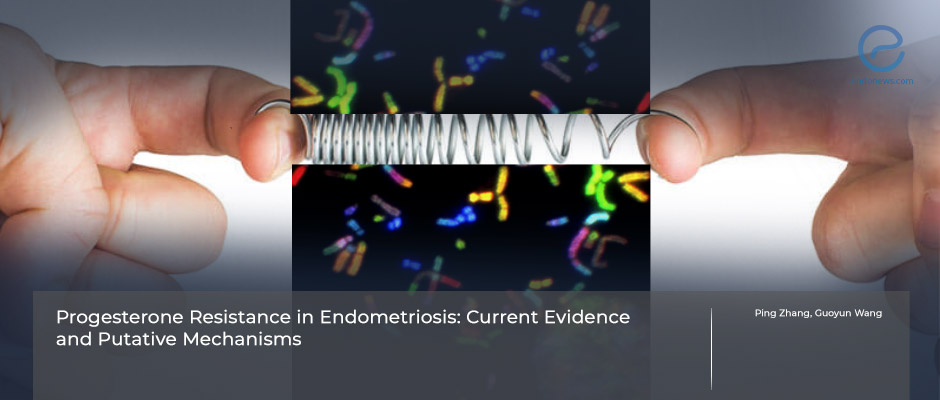
 By Selma Oransay
By Selma Oransay

 By Nasuhi Engin Aydin
By Nasuhi Engin Aydin


 By Eylül GÜN
By Eylül GÜN


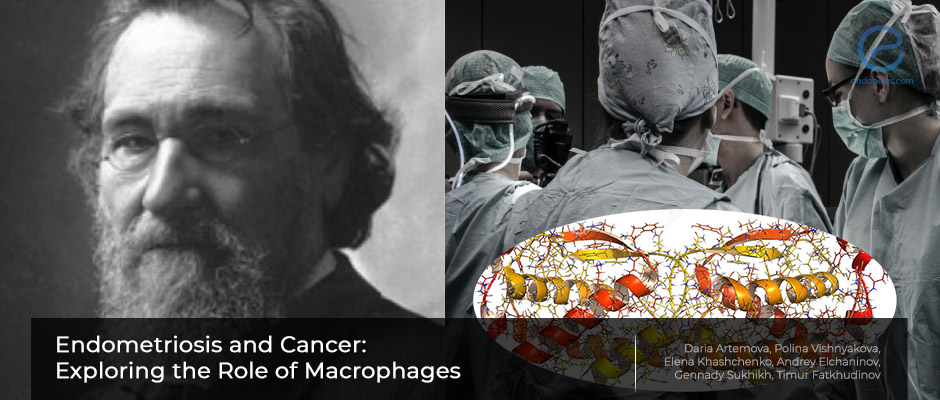

 By Özge Özkaya
By Özge Özkaya

 By Ellen Tumimbang
By Ellen Tumimbang
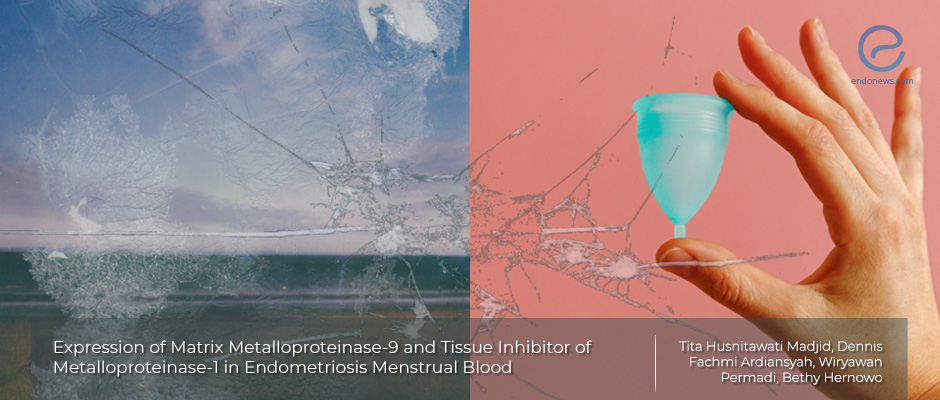
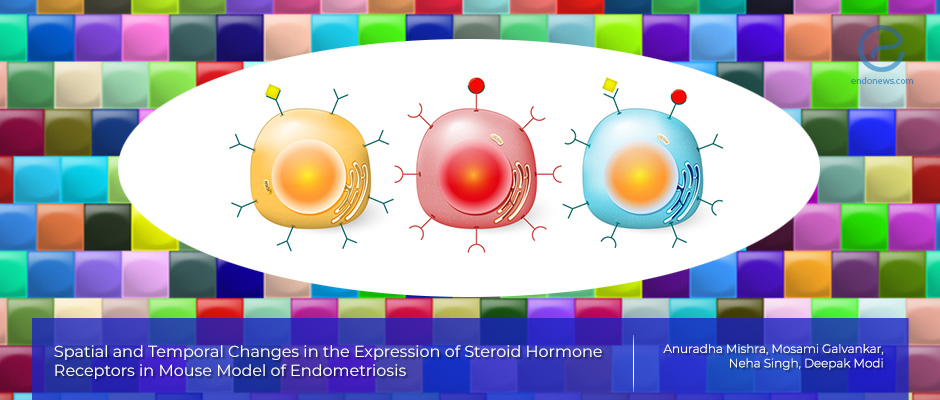
 By Yohan Suryo
By Yohan Suryo

 By Dr. Youngran Park
By Dr. Youngran Park



 By Yu Yu
By Yu Yu

 By Irem Onur
By Irem Onur
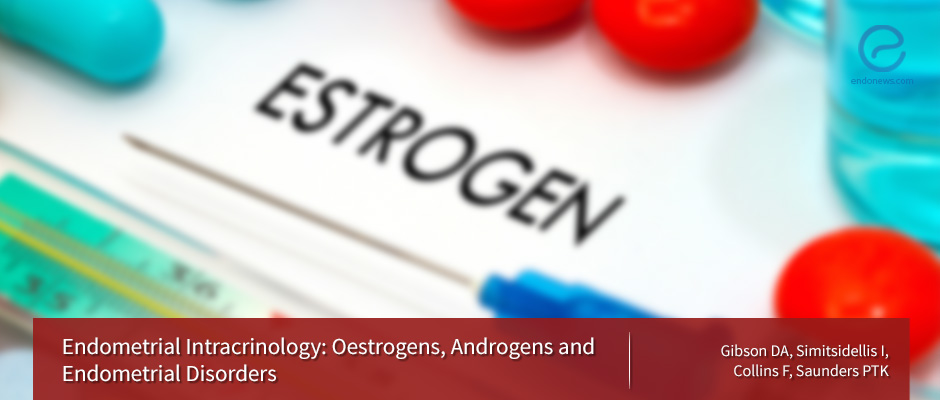



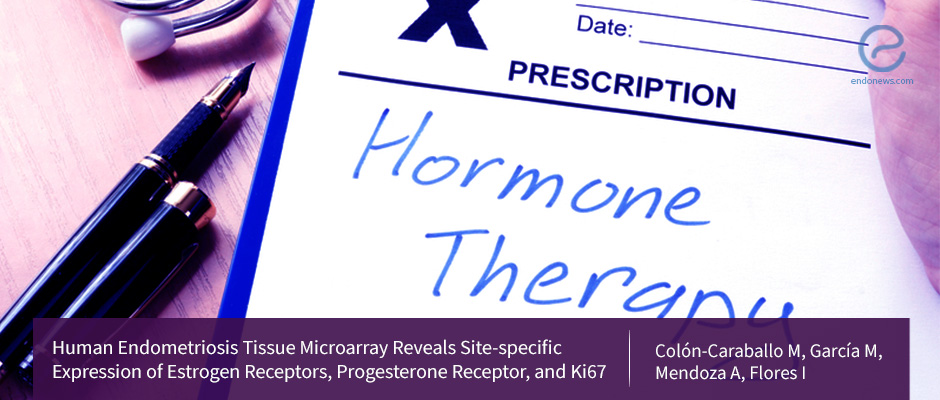


 By Murat Osman
By Murat Osman


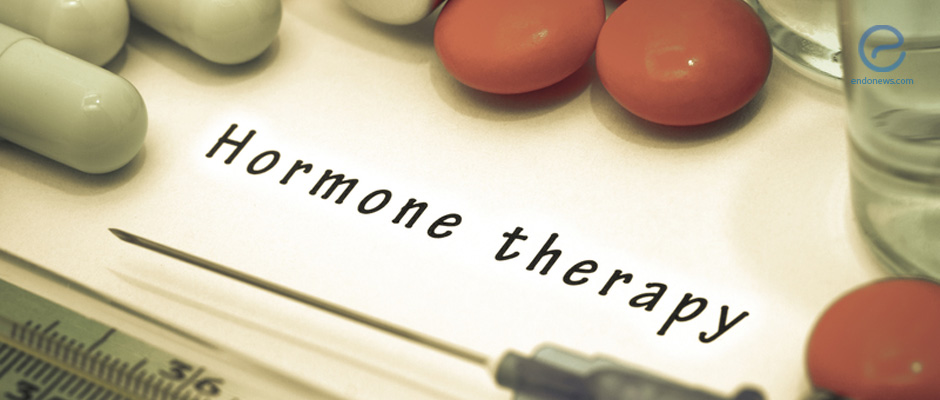



 By Kasthuri Nair
By Kasthuri Nair




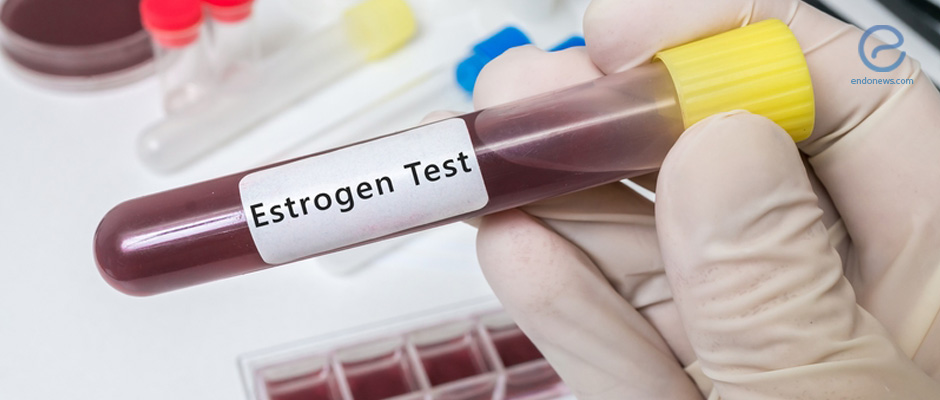

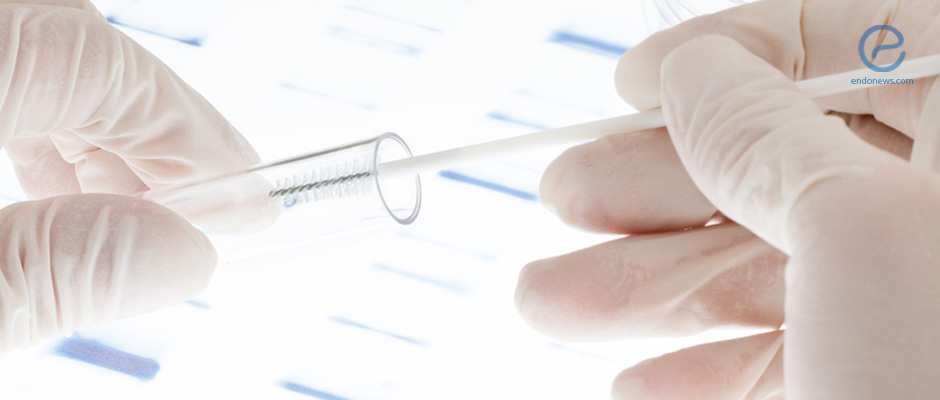



 By Elisabetta Kuhn
By Elisabetta Kuhn
